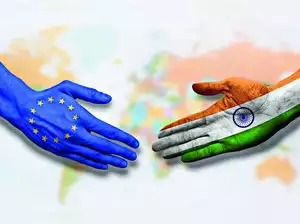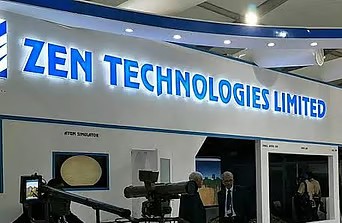The latest breakthrough in free trade agreement (FTA) talks is eagerly monitored by trade specialists, who expect its sequential and flexible strategy to serve as a template for future international trade agreements. The agreement, which calls for negotiating FTAs sequentially or in tranches, enables nations to first seal areas of agreement and defer more contentious matters for subsequent rounds. This approach is catching on as the EU and India, among others, seek to ride out a growingly unpredictable global trade climate.
Highlights of key points:
India and the EU are looking at a step-by-step strategy to their FTA, taking cues from India's recent experience with Australia. This approach allows both parties to get early victories while still bargaining on more challenging matters like market access and regulatory requirements.
The 10th round of India-EU FTA negotiations ended in Brussels, with the next round planned soon. Officials indicate good momentum, particularly following recent high-level EU visits to India.
Trade analysts indicate that this flexible strategy is important, particularly following the US imposing blanket tariffs, which has led regions to look for alternative partnerships.
The EU's recent experience with the Mercosur agreement and other FTAs indicates that phased or mixed agreements can assist in bridging internal divisions and accelerating implementation. By dividing deals into trade-only and wider cooperation components, the EU has been able to implement trade benefits rapidly while giving more time for ratification of complicated chapters.
Experts are of the view that this model may shape not only the EU-India agreement but also current negotiations with other partners such as Gulf Cooperation Council, Israel, and Canada.
The phased FTA strategy has been considered a pragmatic solution to legal intricacies as well as political sensitivities, possibly reshaping major economies' future trade negotiations.
Sources: Economic Times, IE Insights, European Parliament







